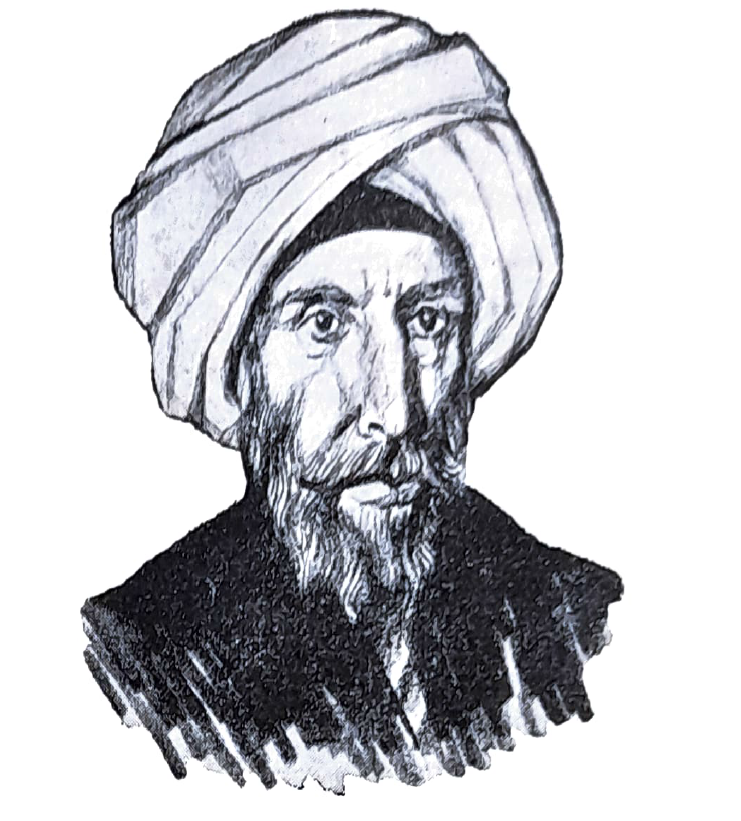962-7983-18423+
24/7 دعم

Abu Zayd Wali al-Din Abd al-Rahman ibn Muhammad ibn Muhammad ibn Muhammad ibn al-Hasan ibn Muhammad ibn Jabir ibn Muhammad ibn Ibrahim ibn Abd al-Rahman ibn Khaldun al-Hadrami al-Ishbili, known as Ibn Khaldun for short, was an Arab and Islamic scholar who excelled in sociology, philosophy, economics, urban planning, and history. He developed his own vision for reading history by stripping it of myths and narratives that were inconsistent with logic, making him the first to apply the scientific method to social phenomena. He worked as a writer in the Bureau of Correspondence in his youth and became a messenger between the kings of the Maghreb and Andalusia before migrating to Egypt and being appointed as a Maliki judge by Sultan al-Zahir Sayf al-Din Barquq. He abandoned correspondence with kings and devoted himself to study and classification. He authored numerous books, the most important of which was “Al-Ibar wa Diwan al-Mubtada wa al-Khabar fi Ayyam al-‘Arab wa al-‘Ajam wa al-Barbar wa Man ‘Asarahum min Dhawa al-Sultan al-Akbar,” known in short as “The History of Ibn Khaldun.” The introduction to this book, known as “The Introduction of Ibn Khaldun,” is a book in itself.
Ibn Khaldun was born in Tunis in 732 AH (1332 AD) to an Andalusian family that had migrated to Ifriqiya in the seventh century AH. Ibn Khaldun’s origin goes back to the Yemeni Arabs in Hadhramaut and his lineage goes back to Wa’il ibn Hajar according to the account of Ibn Hazm al-Andalusi. Ibn Khaldun mentioned that there were six fathers between him and Wa’il, but he himself doubted this account considering that six fathers are not enough to cover six and a half centuries. If his grandfather entered Andalusia at the time of the conquest, then names were omitted from his lineage as he believed that each century had three fathers, and accordingly their number should be twenty.
